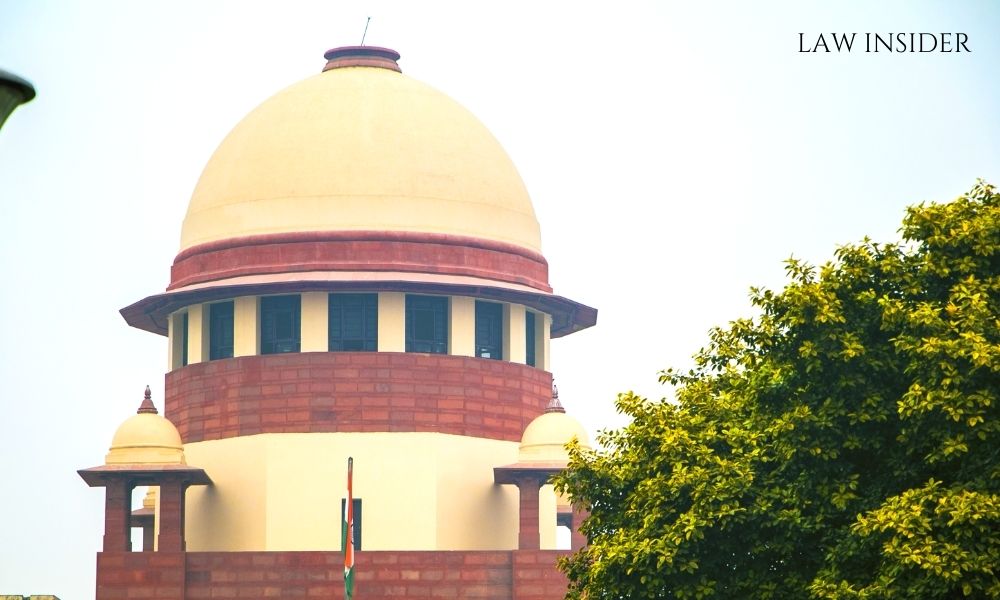LI Network
Published on: February 5, 2024 at 11:50 IST
In a recent pronouncement, the Supreme Court has clarified that even if a chargesheet is filed against the accused while a petition to quash the First Information Report (FIR) is pending, the High Court retains the authority to examine whether the alleged offences are prima facie established.
Justices Aniruddha Bose and Sanjay Kumar emphasized that a coordinated bench of the Supreme Court had previously affirmed the court’s ability to assess the merits of alleged offences based on the FIR, chargesheet, and other relevant documents, as illustrated in the case of Joseph Salvaraj A. vs. State of Gujarat & Ors. (2011) 7 SCC 59.
The case in question involves an appellant-accused who filed a Section 482 Cr.P.C. petition seeking the quashing of an FIR that accused him of offences punishable under Sections 420 and 409 of the Indian Penal Code, 1860. The High Court dismissed the petition as infructuous, citing the submission of the chargesheet after the filing of the quashing petition as the grounds for dismissal.
Disagreeing with the High Court’s reasoning, the Supreme Court, drawing on its precedent in the Joseph Salvaraj A. case, expressed its disagreement with the conclusion that the criminal writ petition had become infructuous.
The Court reiterated that even if a chargesheet has been filed, the court can still evaluate whether the alleged offences are prima facie made out based on the available documents.
Consequently, the Supreme Court allowed the appeal of the accused-appellant, directing the High Court to consider the quashing petition on its merits.
The Court also issued a stay on the arrest of the accused until the High Court renders a decision on the petition’s merits, unless circumstances arise necessitating the appellant’s detention, subject to the High Court’s assessment.
In exercising its jurisdiction under Article 142 of the Constitution of India, the Supreme Court set aside the impugned order and remanded the matter to the High Court, emphasizing the importance of considering the quashing petition on its merits.

